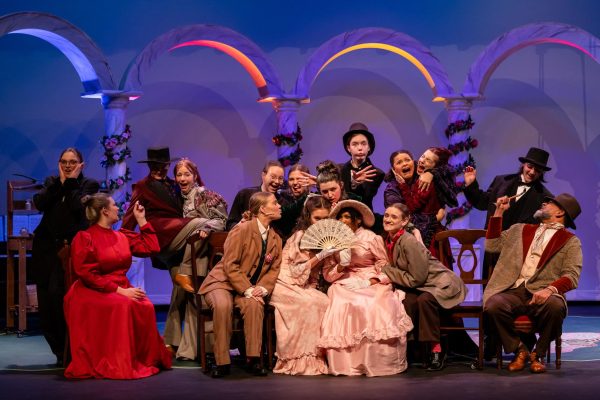
On March 11th-13th, the Maryvale Theatre Department presented Oscar Wilde’s The Importance of Being Earnest, a comedy satirizing the rigid conventions and social norms of Victorian society. The play follows two friends, Jack Worthing and Algernon Moncrieff, as they invent alter egos to pursue love and evade societal pressure, both assuming the name Earnest.
When asked about their experience in the play, cast member Rachel Rigatuso highlighted the Maryvale theatre community’s role in the production’s success. Rachel, who played the lead role of Jack Worthing, is a senior. She was grateful for the opportunity to end her high school career doing something she’s passionate about and strengthening friendships that have built up over the past four years. Senior Amelia Troll played the peremptory and status-obsessed Lady Bracknell, the disapproving mother of Jack Worthing’s love interest, Gwendolen Fairfax. The highlight of her experience was watching younger cast members grow into their roles with confidence.
Throughout the play, periodic plot breaks shed light on the norms of Victorian society, like conventions of dress and dance. These scenes, featuring audience participation, added an educational aspect to the comedy, further elucidating Wilde’s satirical criticism of Victorian England while contextualizing the costumes and character intricacies that the theatre department meticulously prepared. The set itself represents the cast and crew’s hard work and attention to detail, full of period-typical props and the addition of leaves wound around columns to indicate a shift from indoors to outdoors.
By the end of the play, Jack and Algernon, whose fabricated identities had been disproven, resolve their conflicts. Jack discovers he is Algernon’s older brother, and Earnest, the name he assumed to woo Gwendolen, is his actual name. Lady Bracknell, approving of his pedigree, thus allows him to marry her daughter. Algernon and Cecily develop a sincere relationship regardless of Algernon’s deception, and Lady Bracknell consents to their marriage. In parodying a shallow and stringent society, Wilde’s irony lies in the fact that in pretending to be Ernest, the two leads ultimately discover their honest selves and fulfill their most earnest desires.
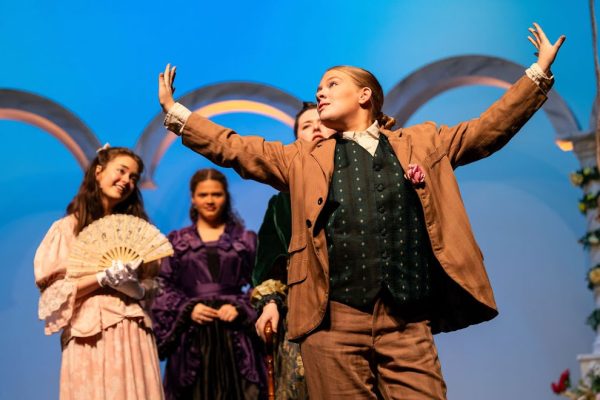
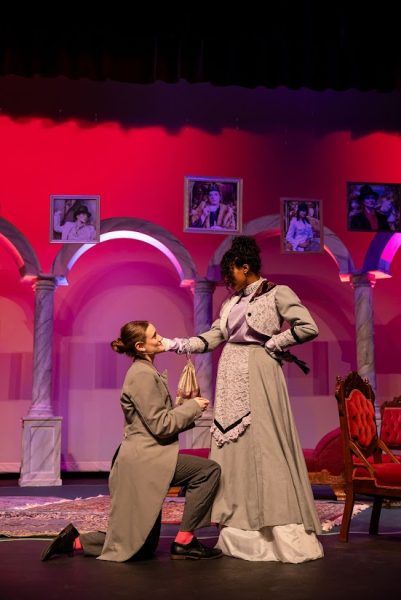
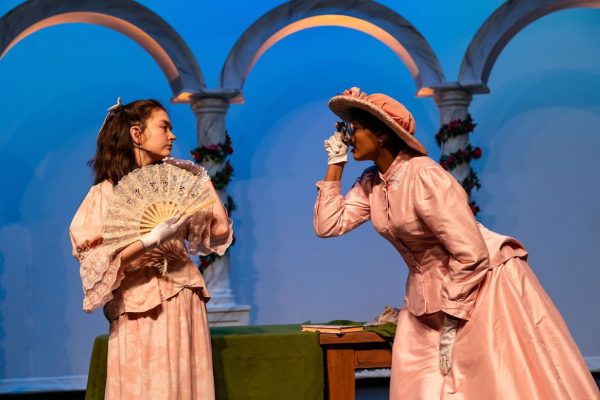
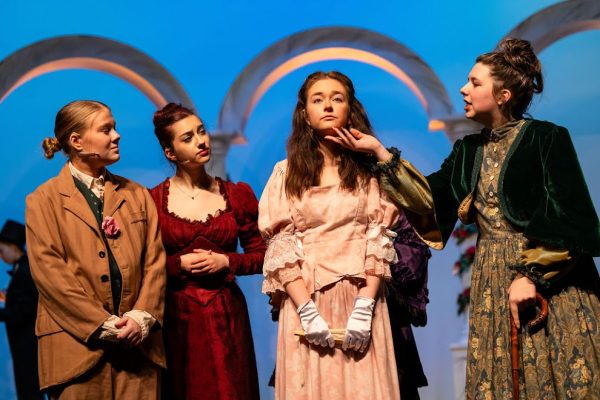
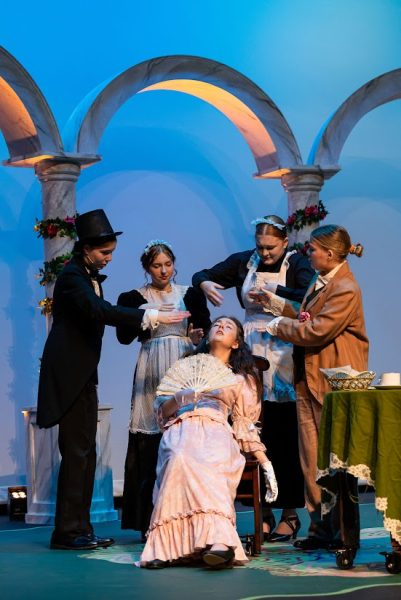







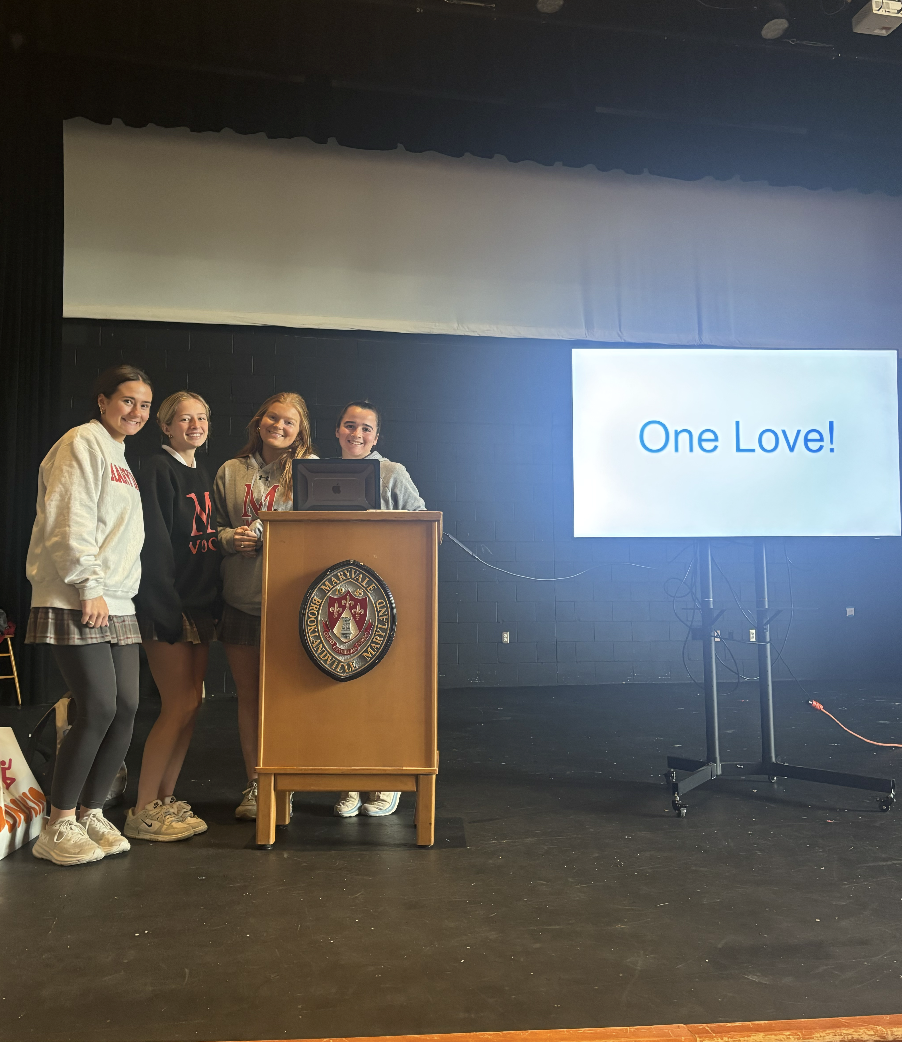


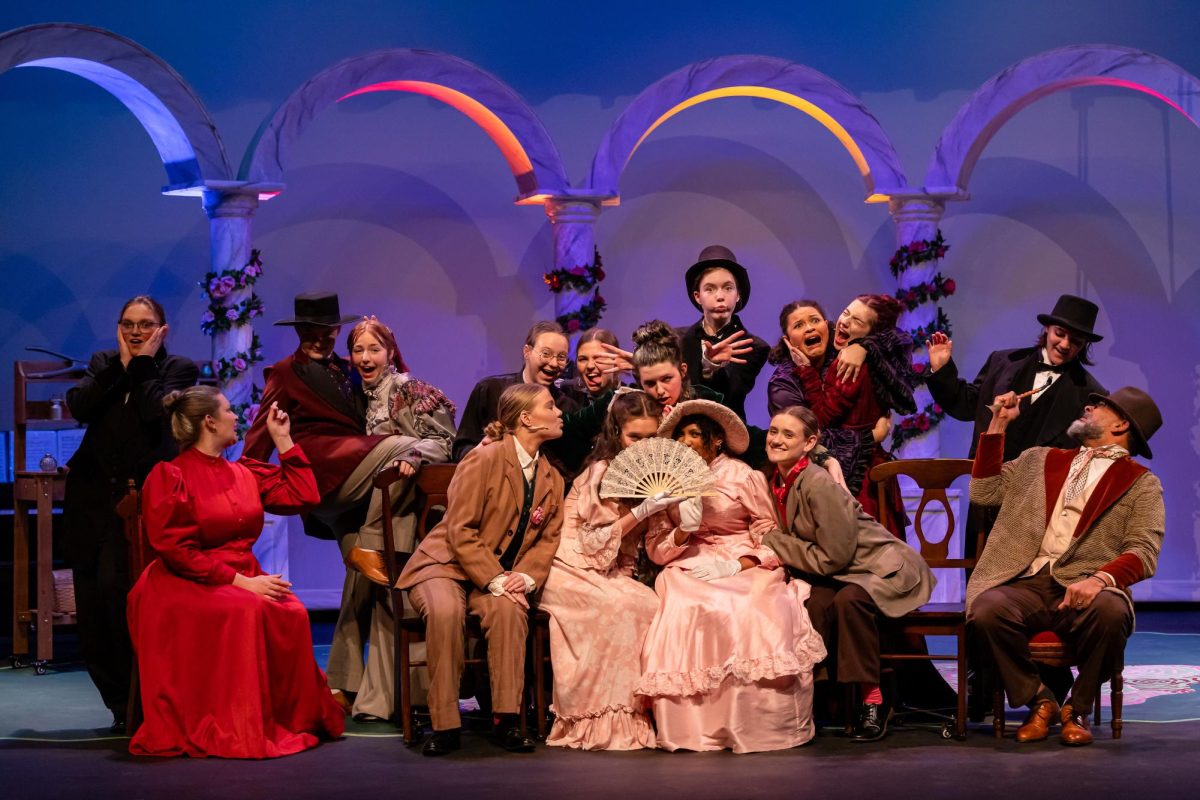

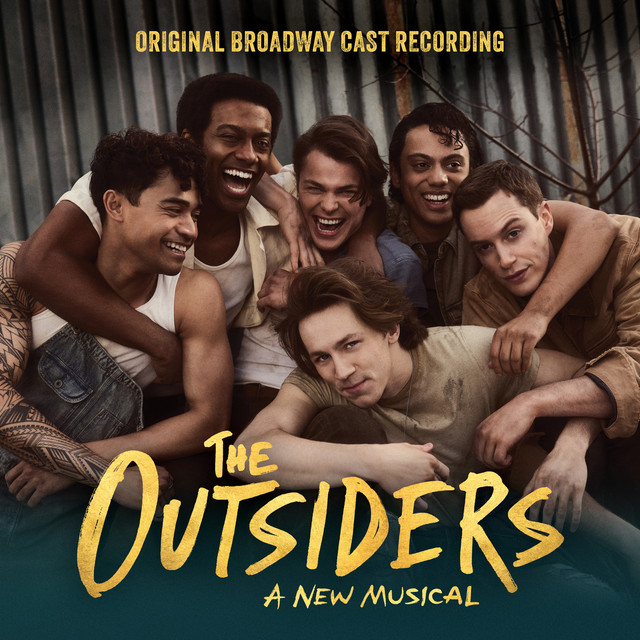
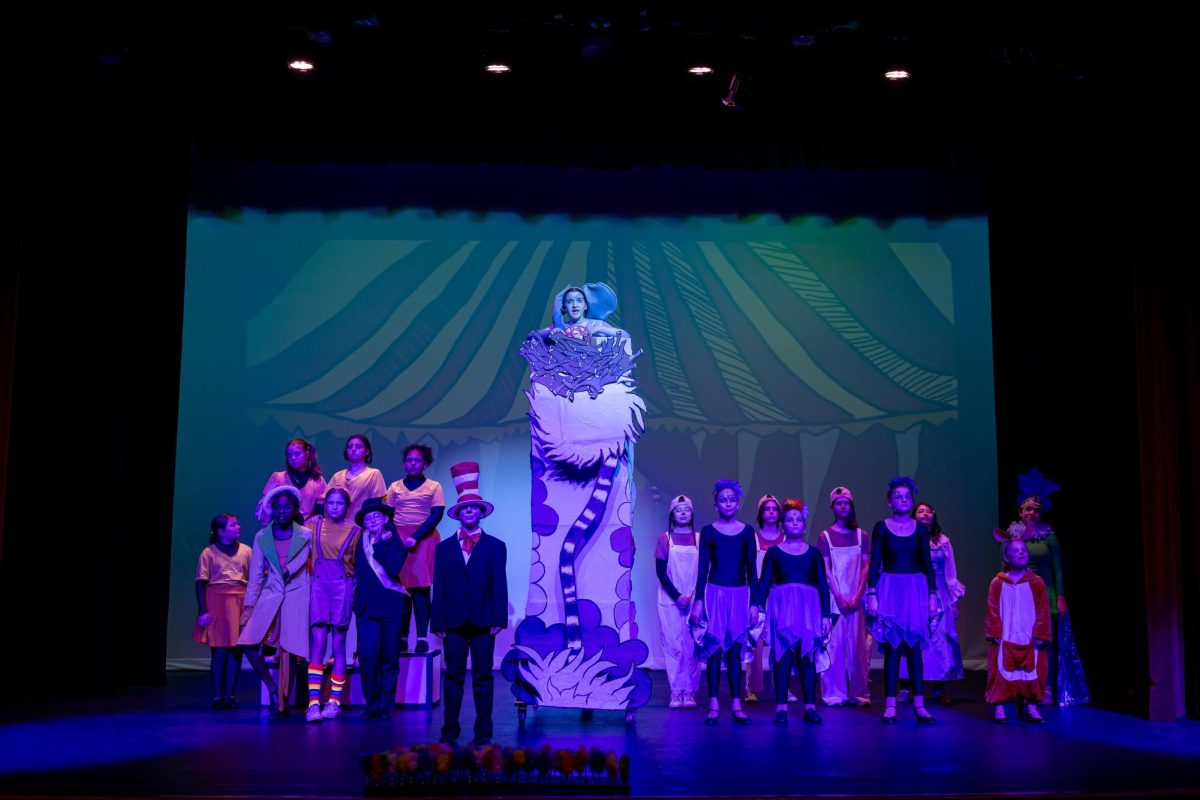
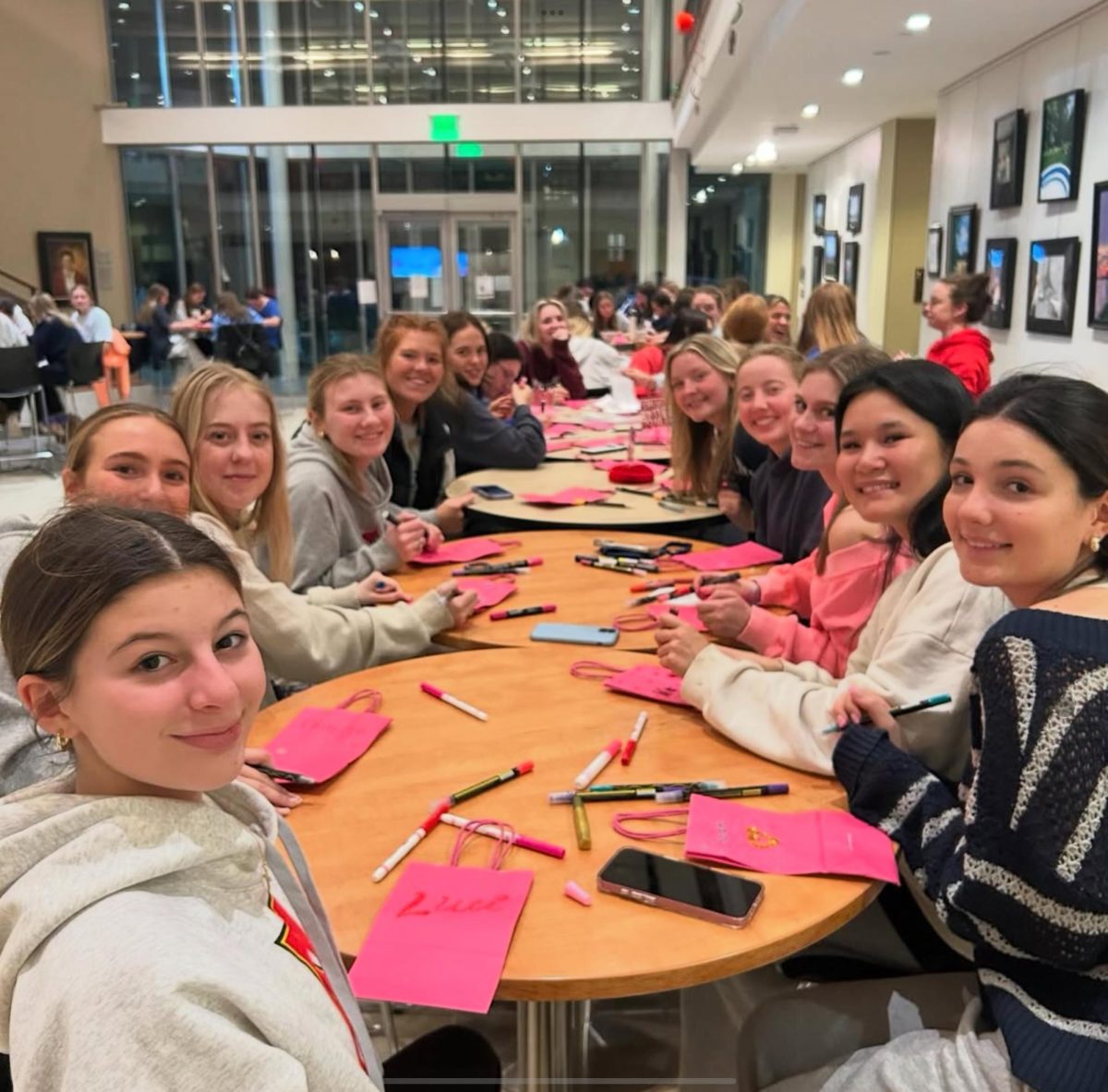
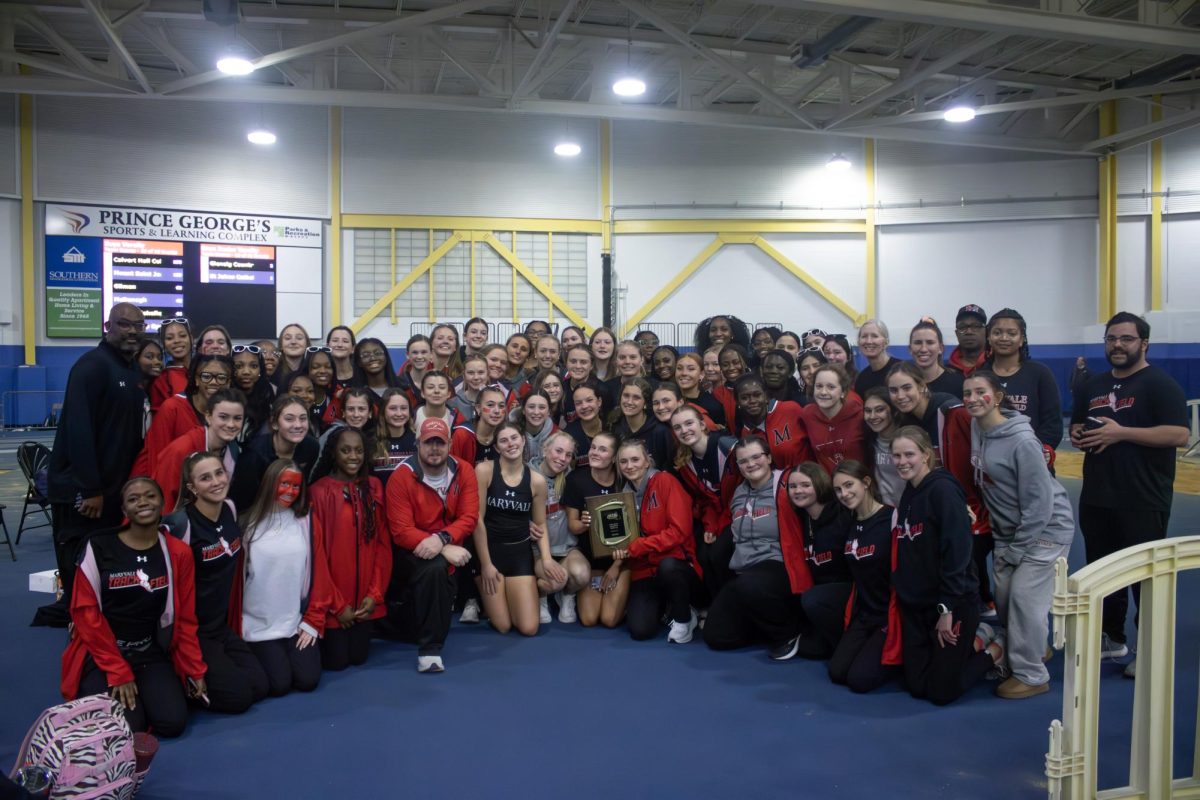
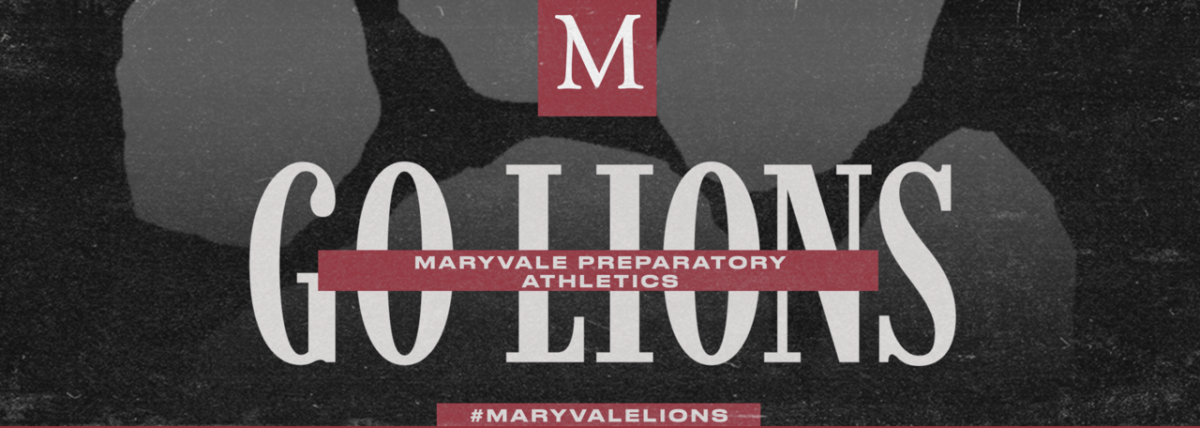


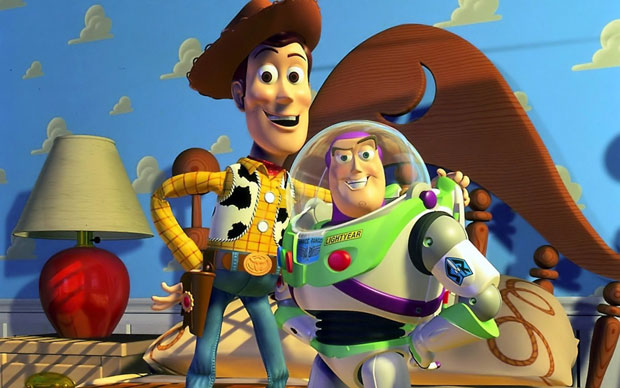
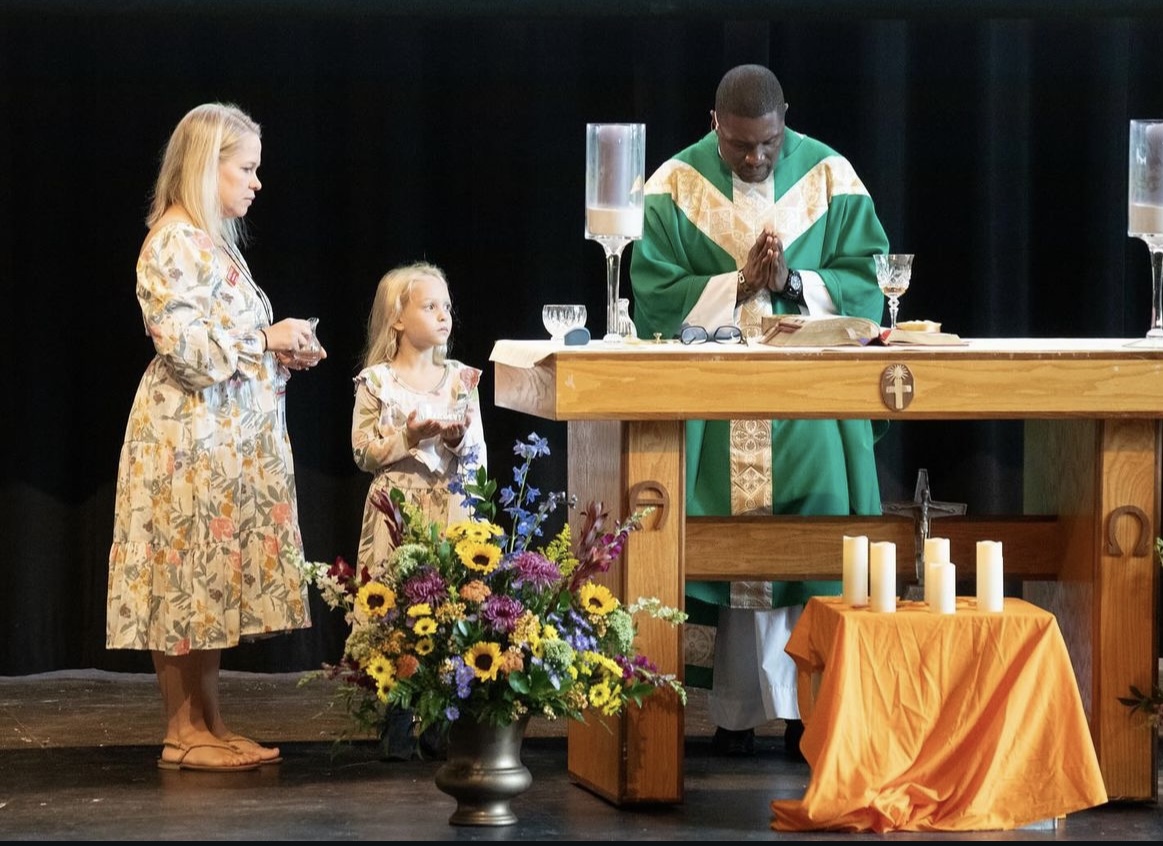

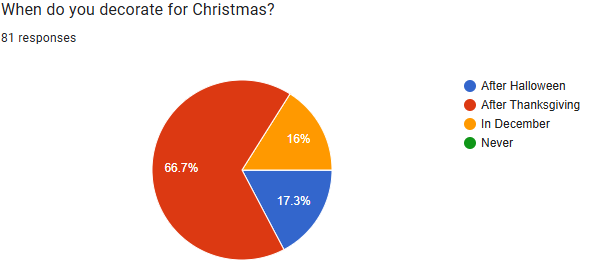
Brendan Bailey • May 2, 2025 at 11:33 am
This show was fantastic! Kudos to the incredible actresses who put in countless hours memorizing their lines and practicing! It’s a varsity sport up on that stage!
Great review as well!